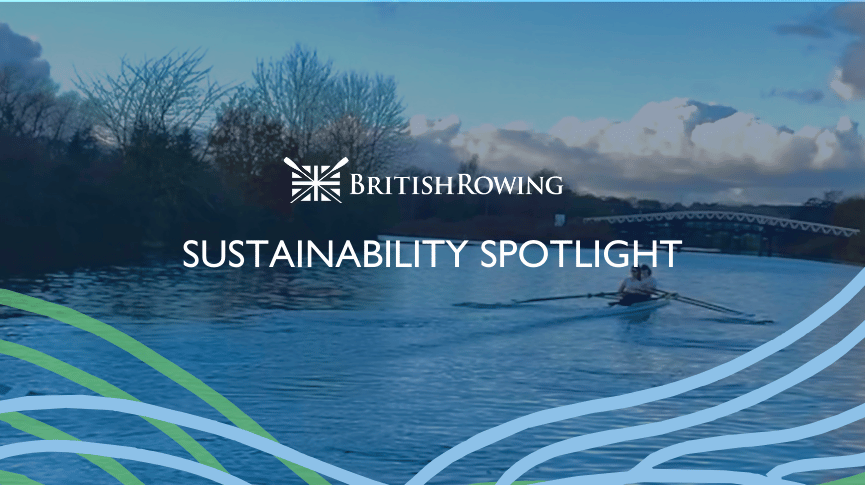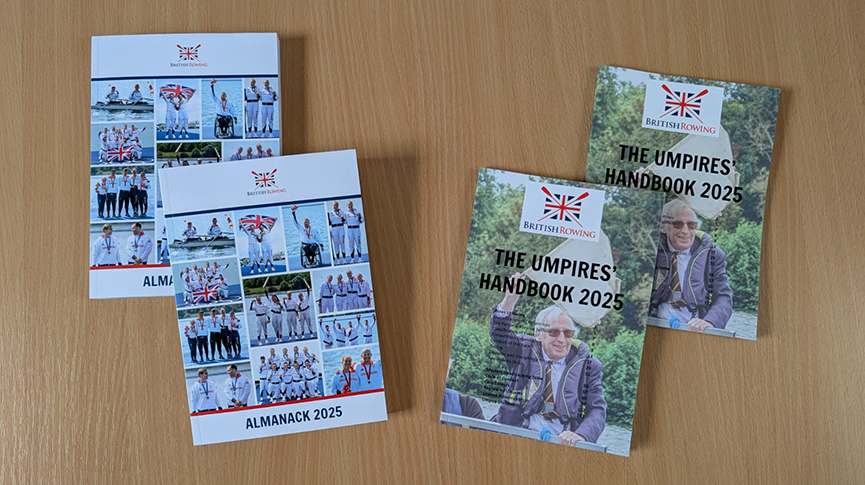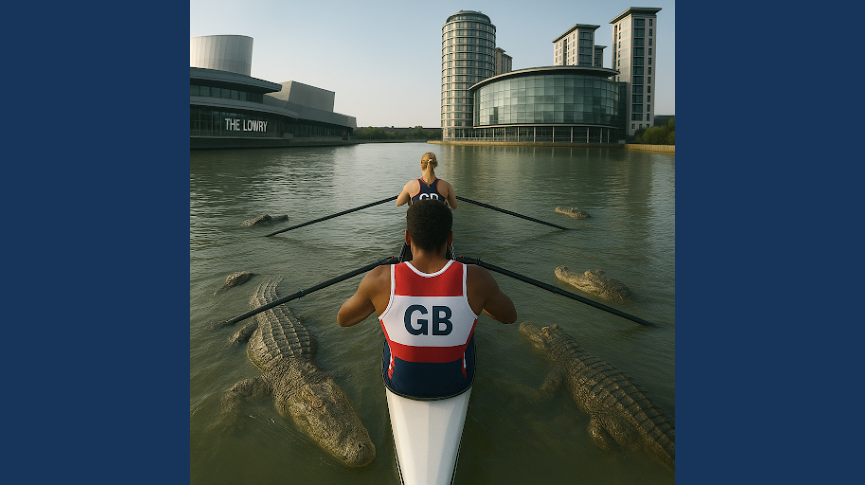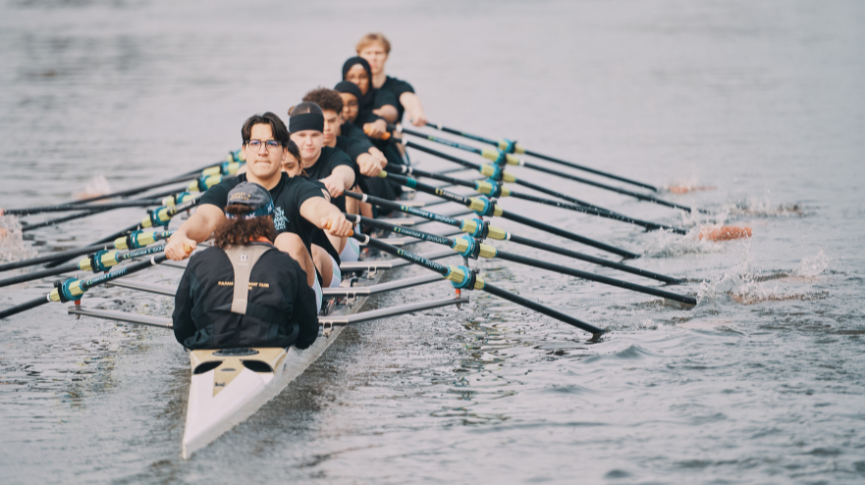Mind Games – Olympian Annie Vernon talks sport psychology
Olympic silver medallist Annie Vernon talks about her book Mind Games – a fascinating window into the psyche of elite athletes and coaches
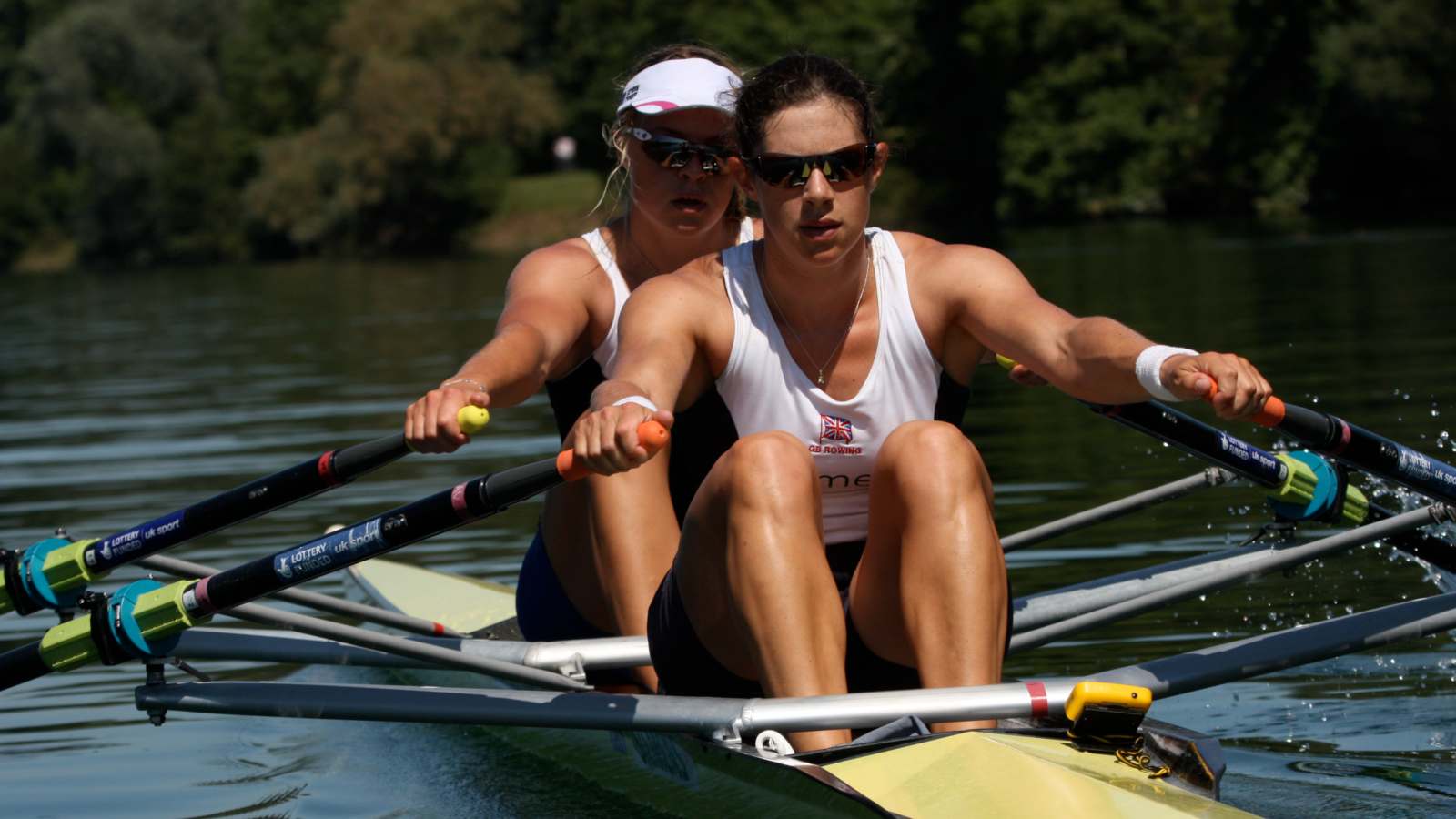
Anna Watkins and Annie Vernon (c) Annie Vernon
What did you learn from writing the book?
I got so many insights into sport from talking to everyone. As a sports fan, it was absolutely brilliant. Most of the time people were as interested in me as I was in them, so maybe key attributes in sportspeople are humility and curiosity – and always trying to learn from each other.
It was eye-opening. Take competitiveness – I would assume that all elite athletes would want to be the best, but that’s not true. You can have a boat of four people and they will have different journeys and approaches and different reasons for wanting to win.
Sometimes what you tell yourself is more important than what you do
What’s your favourite chapter?
It’s definitely ‘Race Day, the Moment of Truth’. It’s all about that one big moment – so it could be the Nat Schools final, Henley or the Olympic final. How do you do it? It’s about how people processed their greatest triumphs or their darkest moments if they just missed out on the win.
‘Talent needs trauma’ to blossom?
It’s from a research paper called ‘The Rocky Road to the Top: why talent needs trauma’ and is about the influence of setbacks on character. Research shows that resilience is a greater indicator of success than talent.
Sometimes what you tell yourself is more important than what you do. I can’t think of anything that I had to be resilient about when I was growing up, but I grew up on a small family farm and in the winter it was a pretty brutal place, so that’s my rocky road. And if it’s not my rocky road, then I tell myself that it is!
On pain!
This is a huge part of endurance sport – rowing really hurts and not a lot of people talk about it! Olympic gold medallist Mark Hunter told me that for the hour or two before a race all he could think about was the pain that would follow. I spoke to Andrew Rice, Professor of Pain Research at Imperial College London’s Faculty of Medicine. He talked about the physiology of pain systems, called the gate control theory. Signals coming down from the brain can act to inhibit the pain sensation, so ‘close the gate’. If you’re two minutes into an ergo you can tell yourself that it’s okay and over time your pain levels will adjust.
Research shows that resilience is a greater indicator of success than talent
What would you tell your younger self?
I would tell myself to just enjoy it. I was too focused on success and I don’t think I ever stopped to appreciate that I was training with some amazing women in an amazing squad.
Thoughts on your Olympic silver at Beijing when your crew were expecting to win the gold?
I put it into perspective a year after – I was rowing in the double with Anna Watkins and we were such good friends, so after that I had a more holistic view of the sport. In 2010, I was in the quad and we won the World Champs and had our best ever row. I was sated, I was done. But the book has been a part of the healing process and a form of redemption.
This article first appeared in Rowing & Regatta magazine.


